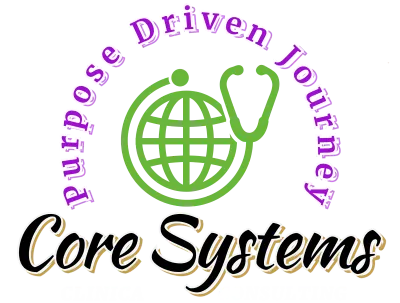F882: Empowering Your Infection Preventionist: The Unsung Hero in Safeguarding Your Facility
Jul 20, 2025In the intricate world of long-term care, where vulnerable populations require vigilant protection, there is one role that stands at the forefront of defense: the Infection Preventionist (IP).
Yet, despite their critical importance, Infection Preventionists remain under-supported and underutilized in many facilities.
🏷️ F882: A Top Cited Deficiency in 2023
According to data from CMS and reports like McKnight’s and Finck-Boyle's breakdown, the F882 tag—which mandates facilities to designate a qualified individual to oversee their Infection Prevention & Control Program (IPCP)—was among the most frequently cited deficiencies in 2023.
Even more concerning, F880 (general infection control failures) ranked No. 1, showcasing a system-wide issue in how facilities approach infection prevention.
❗ So, Why the Gap?
Many facilities struggle to comply with F882 and F880—not because of a lack of care, but due to persistent systemic challenges:
🧩 Inadequate Resources
Budget restrictions often limit the ability to dedicate full-time staff or sufficient hours to infection prevention.
🧩 Resident Complexity
Residents with multiple comorbidities or advanced conditions demand specialized IPC protocols, which general staff may not be trained to handle.
🧩 Staff Turnover
Frequent changes in clinical teams disrupt the continuity of IPC training, implementation, and follow-through.
🧩 Outdated Practices
Some facilities still rely on outdated protocols or reactive strategies, missing key opportunities to prevent infection outbreaks before they occur.
🌤️ The Good News? You Can Turn This Around
Empowering your Infection Preventionist is not just about avoiding citations—it's about protecting lives, reducing risk, and leading your facility into a culture of proactive health and safety.
🛠️ Here’s How to Strengthen Your IPC Program:
✅ 1. Invest in the IP Role
Assign a dedicated, trained IP professional with protected hours to focus solely on IPC responsibilities.
Ensure they meet CMS requirements for training and qualifications.
✅ 2. Modernize Your Infection Prevention & Control Program (IPCP)
Partner with a long-term care nurse consultant to:
- Assess your facility’s specific infection control risks
- Design a custom-tailored IPCP
- Develop an antibiotic stewardship program
- Provide regular staff training and competency assessments
✅ 3. Establish a System of Accountability and Improvement
- Implement real-time tracking systems for infections, MDROs, and outbreaks
- Set up weekly or monthly IPC reviews
- Create a culture of transparency and ongoing education
📣 Why This Matters More Than Ever
Infection control isn't just a pandemic-era concern—it's a permanent priority.
📉 Facilities cited under F882 and F880 face:
- Regulatory penalties
- Reputational damage
- Increased morbidity and mortality
But those who invest in their IP programs see:
- Fewer outbreaks
- Higher survey performance
- Stronger resident trust
- Improved staff competency and morale
💬 Final Thoughts: Let Your IP Lead
Your Infection Preventionist isn’t just another compliance requirement—they are your facility’s frontline champion.
🛡️ Empower them.
🛠️ Equip them.
📈 Let them lead with the right tools, time, and training.
Because the strongest defense in long-term care is not a reaction—it’s prevention.









